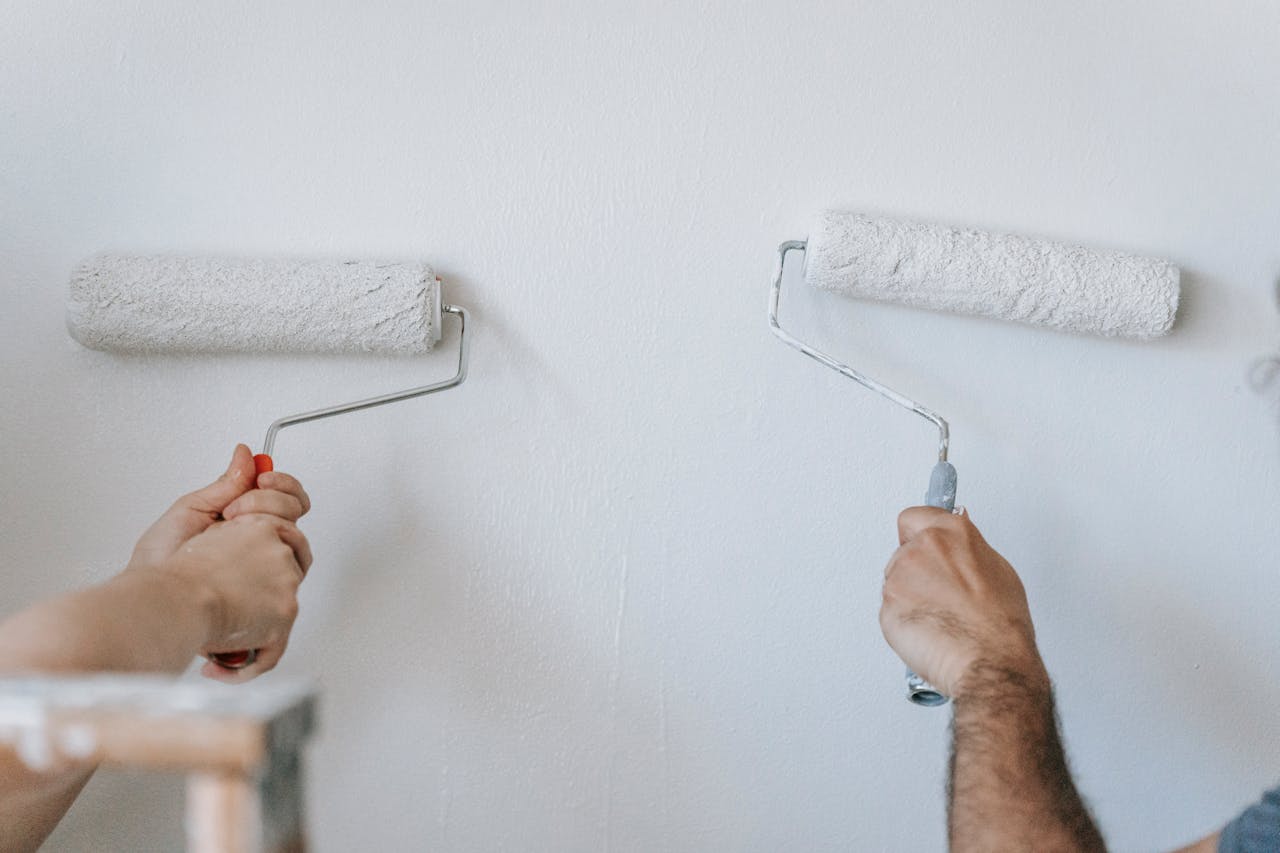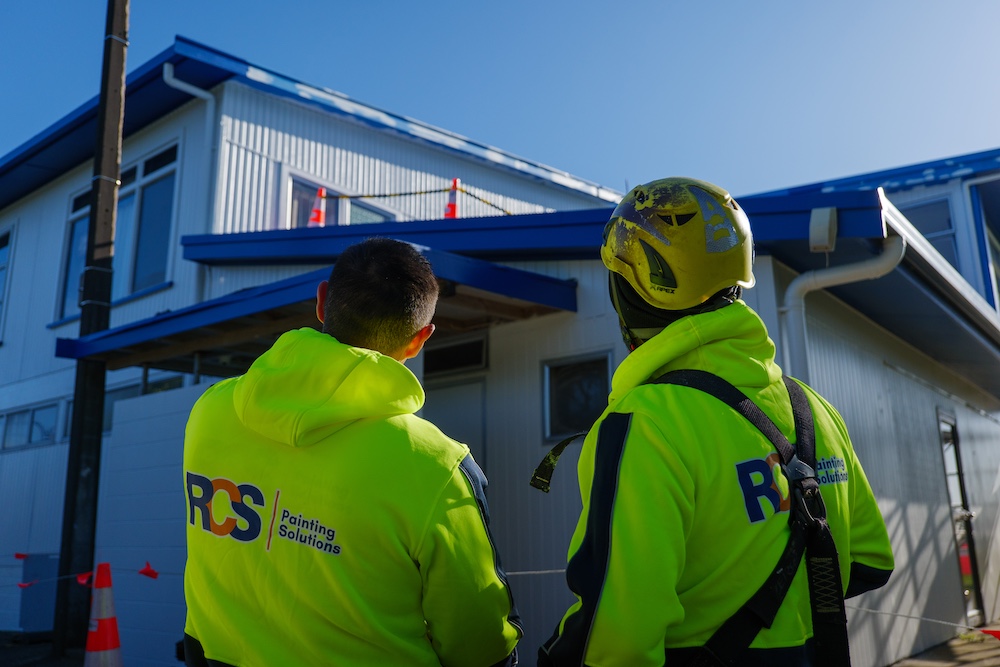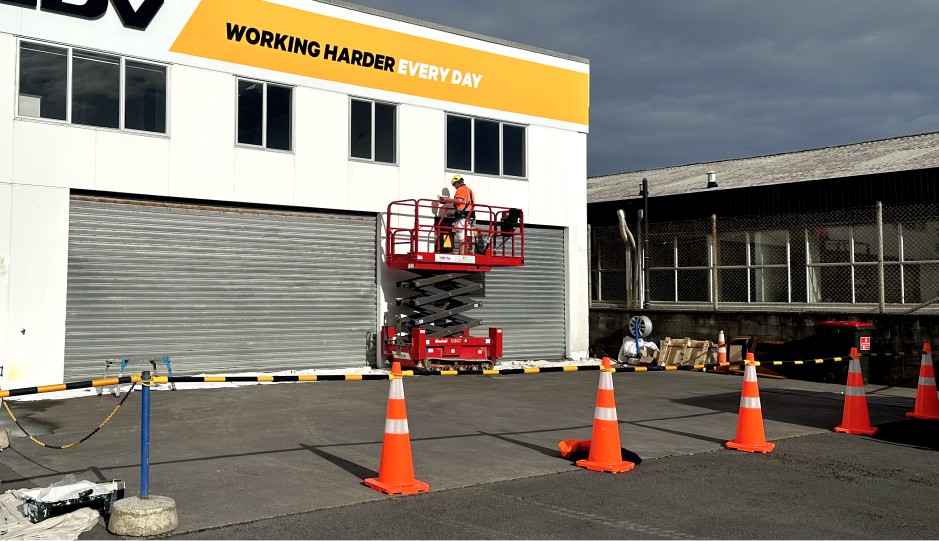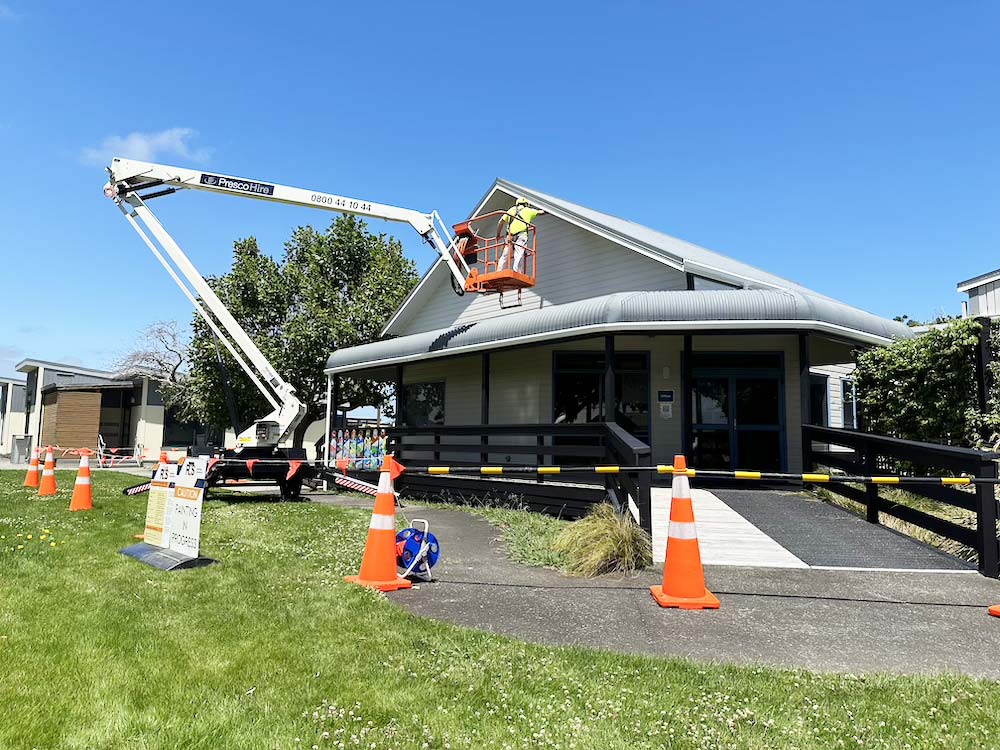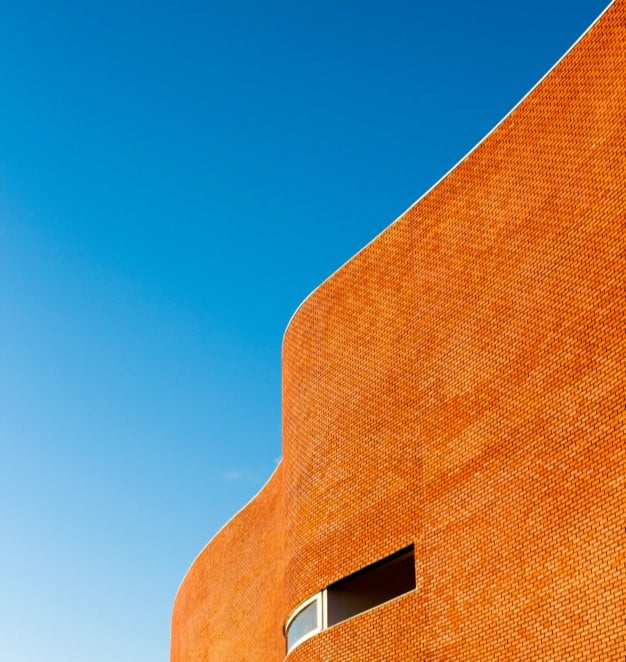When it comes to painting, whether to take the DIY approach or hire professionals is a decision that depends on your preferences, budget, and available time. DIY painting offers cost savings and the satisfaction of completing the job yourself, but it requires a significant time investment and carries the risk of mistakes. On the other hand, professional painting services provide convenience, expertise, and a professional finish, but come with a higher price tag. Ultimately, the choice between DIY and professional painting boils down to your circumstances and priorities. Whatever option you choose, proper planning, preparation, and a commitment to quality will ensure a successful paint job.
Key Takeaways
- DIY painting can save money but requires a significant time investment and comes with the risk of mistakes.
- Professional painters offer expertise, efficiency, and a high-quality finish, but at a higher cost.
- Proper planning and preparation are essential for both DIY and professional painting to achieve the best results.
- Consider safety precautions and potential hazards when opting for DIY painting.
- The satisfaction of DIY painting comes from personal accomplishment, while professional services offer convenience and reliability.
Cost Comparison: DIY vs. Professional Painting
Cost is often a determining factor when choosing between DIY painting and hiring professionals. Let’s take a closer look at the expenses associated with each option.
Expense Breakdown of DIY Painting
DIY painting might seem like a budget-friendly option at first glance. However, the costs can add up quickly. Here’s a breakdown of typical expenses:
| Item | Estimated Cost |
|---|---|
| Paint (per litre) | $15 – $50 |
| Brushes and Rollers | $80 – $140 |
| Painter’s Tape | $10 – $20 |
| Drop Cloths | $20 – $40 |
| Sandpaper and Prep Materials | $40 – $80 |
Hidden Costs of DIY Painting
While a DIY painting project might seem like a fun and budget-friendly option, there are hidden costs to consider. These can include:
- Time spent on preparation and painting
- Potential mistakes leading to additional costs
- Tools and equipment that may only be used once
Value for Money with Professional Services
Hiring professional painters comes with a higher price tag, but the benefits often outweigh the perceived savings. Professional services provide convenience, expertise, and a high-quality finish. Here’s a look at what you’re paying for:
- Skilled labour and experience
- High-quality materials and tools
- Efficient and timely completion of the project
In the end, the choice between DIY and professional painting boils down to your individual circumstances and priorities. Proper planning and preparation will ensure a successful paint job, regardless of the option you choose.
Time and Effort
Time and effort are two crucial elements to consider when deciding between DIY painting and hiring professionals.
Time Investment in DIY Painting
DIY painting can be time-consuming, especially if you work in a large area or have limited experience. Proper surface preparation, including cleaning, sanding, and priming, requires time and attention to detail. The actual painting process can also take longer for DIY painters compared to professionals who have refined their techniques.
Efficiency of Professional Painters
Professional painters bring a level of efficiency that is hard to match for DIY enthusiasts. They have the experience, tools, and techniques to complete the job quickly and effectively. Hiring professionals can save you a significant amount of time, allowing you to focus on other important tasks.
Balancing Time and Quality
When balancing time and quality, it’s essential to consider what you value more. DIY painting might save you money, but the time and effort required can be substantial. On the other hand, professional painters can deliver high-quality results in a shorter time frame, ensuring a smooth and durable finish.
Quality of Work
Common DIY Mistakes
DIY painting can be a rewarding experience, but it often comes with its own set of challenges. Common mistakes include uneven paint application, visible brush strokes, and improper surface preparation. These errors can detract from the overall appearance and longevity of the paint job.
Professional Finish and Techniques
Professional painters bring a level of expertise and precision that is hard to match. They use advanced techniques and high-quality materials to ensure a smooth, even finish. This not only enhances the aesthetic appeal but also contributes to the durability of the paint job.
Longevity and Durability
One of the key advantages of hiring professionals is the longevity and durability of their work. Proper surface preparation, the use of high-quality paints, and expert application techniques all contribute to a paint job that stands the test of time. This can be particularly important in high-traffic areas or exterior surfaces exposed to the elements.
The better option will depend on your budget, time, and skill level. If you have the time and skills, DIY painting may be a cost-effective choice, but for those seeking a flawless finish and long-lasting results, professional services are often worth the investment.
Tools and Materials Needed
Essential Tools for DIY Painting
When embarking on a DIY painting project, having the right tools is crucial. Essential items include wall cleaner, painter’s tape, brushes, rollers, canvas drop cloths, paint brush cleaner, plastic bucket, and a plastic roller tray. These tools ensure that you can achieve a smooth and professional-looking finish.
Choosing the Right Paint
Selecting the appropriate paint is just as important as having the right tools. Consider the type of surface you are painting and the desired finish. There are various types of paint available, including latex, oil-based, and specialty paints for different surfaces and conditions.
Specialised Equipment Used by Professionals
Professional painters often use specialised equipment that can make a significant difference in the quality and efficiency of the job. This includes airless sprayers for larger projects, high-grade brushes and rollers, and advanced masking tools. These tools not only save time but also ensure a more durable and high-quality finish.
Investing in the right tools and materials can make all the difference in the outcome of your painting project. Whether you choose to DIY or hire a professional, having the proper equipment is essential for achieving the best results.
Safety Considerations
Safety Precautions for DIY Painters
Painting isn’t without its risks, especially when dealing with multi-story homes, indoor projects, or tricky areas. Proper ventilation is crucial when working with paint, as the fumes can be harmful if inhaled for extended periods. Additionally, DIY painters should be mindful of their surroundings to prevent accidental spills or splatters on furniture, flooring, and other items in the vicinity.
Handling Hazardous Materials
DIY painters should be prepared for the cleanup process. Paintbrushes, rollers, and other tools need to be properly cleaned and stored to ensure their longevity. Disposing of paint cans and other hazardous materials should be done according to local regulations to protect the environment.
Insurance and Guarantees
Professional painters are trained in safety protocols and have the necessary equipment to work safely. Attempting DIY painting without the proper precautions can lead to injuries or accidents. Hiring professionals not only ensures a safer work environment but also provides insurance and liability coverage in case of any mishaps.
RCS Painting Solutions is part of the Master Painter’s Association. Under a Master Painters guarantee, services will ensure that any workmanship defects discovered within five years of completion are remedied up to the value of the lessor of $50,000 including GST or the contract price.
RCS Painting Solutions offers a 5 year warranty on all work – Engaging the services of a Master Painter utilises approved products, and you can be covered from date of practical completion.
The Satisfaction
The Joy of DIY Accomplishment
Completing a DIY painting project can bring a sense of satisfaction. Planning and executing a project on your own can be very rewarding, especially if you love the results. This hands-on experience allows homeowners to actively participate in the transformation of their space, reflecting their unique style and personality.
Stress and Hassle Factors
While DIY painting can be fulfilling, it often comes with its own set of challenges. The process can be time-consuming and physically demanding. Additionally, the pressure to achieve a perfect finish can lead to stress and frustration. It’s important to weigh these factors before deciding to take on a DIY project.
Customer Satisfaction with Professional Services
Hiring professional painters can provide a higher level of customer satisfaction and peace of mind. Professionals often offer better warranties compared to DIY installations, ensuring that the final product meets your expectations. Trusting the painter’s judgment on certain aspects can also alleviate some of the stress and hassle associated with painting projects.
Ultimately, the decision to hire professional painters depends on individual circumstances and preferences. For those who value a flawless finish, convenience, and the expertise of seasoned professionals, the investment may be well worth it.
Conclusion
When it comes to painting, whether to take the DIY approach or hire professionals is a decision that depends on your preferences, budget, and available time. DIY painting offers cost savings and the satisfaction of completing the job yourself, but it requires a significant time investment and carries the risk of mistakes. On the other hand, professional painting services provide convenience, expertise, and a professional finish, but come with a higher price tag.
The choice between DIY and professional painting boils down to your circumstances and priorities. Whatever option you choose, proper planning, preparation, and a commitment to quality will ensure a successful paint job.
Ready to work with a registered Master Painter? Get in touch with us today.

